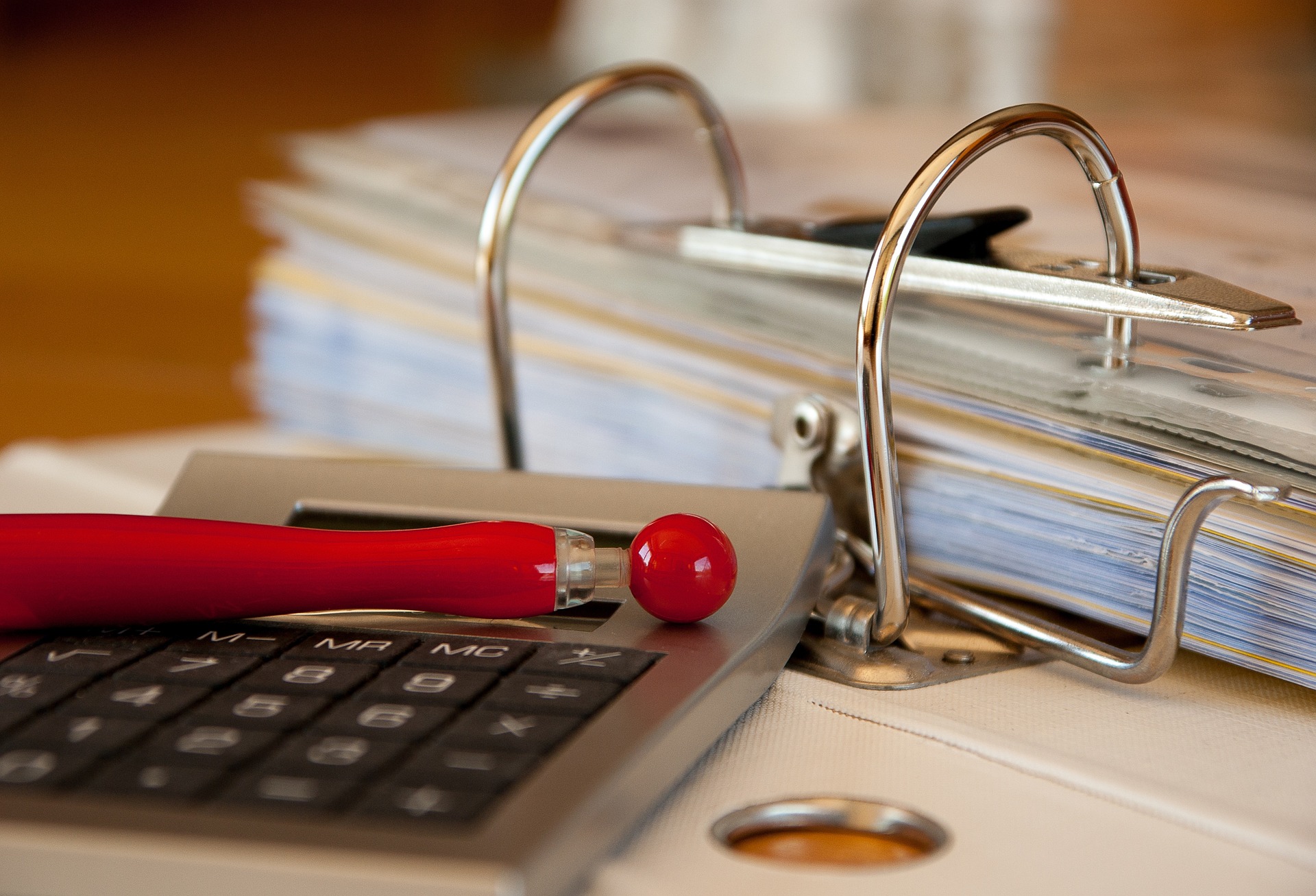We all need a self employed for beginners guide when starting out. Starting your business or being self-employed comes with a whole heap of responsibilities and its sometimes hard to know where to start! Especially when it comes to finances, tax and legal responsibilities.
Here we try to answer some of those most common questions below. Find a heap of completely FREE resources here which may come in handy too!
What is self-employed?
Being self employed simply means that you run your business for yourself and are responsible for whether it is a success or a failure. You are responsible for your own business finances, paying your own tax and keeping up to date with your legal and compliance duties. You can be employed and self-employed at the same time.
When running your own business it is important to know how to manage your business finances and exactly what this entails. Most business fail not due to lack of customers but a lack of financial control.
What are your financial responsibilities as self employed?
Firstly, you must tell HMRC if you are self employed. You are required to keep your own records which detail all the income and expenses which you have incurred. Once per year you need to declare this to HMRC in the form of a self-assessment tax return. You are responsible for paying over your own tax and national insurance. In addition you must inform HMRC of any changes to your circumstances or working status if you claim benefits. You are also required to keep all business records for 6 years. This ensures that if there was any investigation you could support all of your income and tax deductible expenses if you should so need it.
For more information on registering as self-employed, visit gov.uk
What are my tax deadlines for self employed?
Most self employed business owners keep their financial records in line with the UK tax year. This is 6th April to the following 5th April. At the end of each tax year you are required to submit your tax return and pay any tax due by 31st January following the end of the previous tax year.
What do I have to declare?
All Self employed businesses must declare all income that has been received in the course of business. This simply means to keep a record of all sales made. And how much money was paid in return for those products and/or services. You will also need to declare any expenses which you have incurred. So make sure you keep proof of all spending such as receipts and invoices. These expenses must be wholly and exclusively for the purpose of business.
We provide dedicated support for new business owners and those that are self-employed. Please check out our start-up packages or contact us to find out how we can help.

